Benefits Street 10 years on - what has changed?
- Published
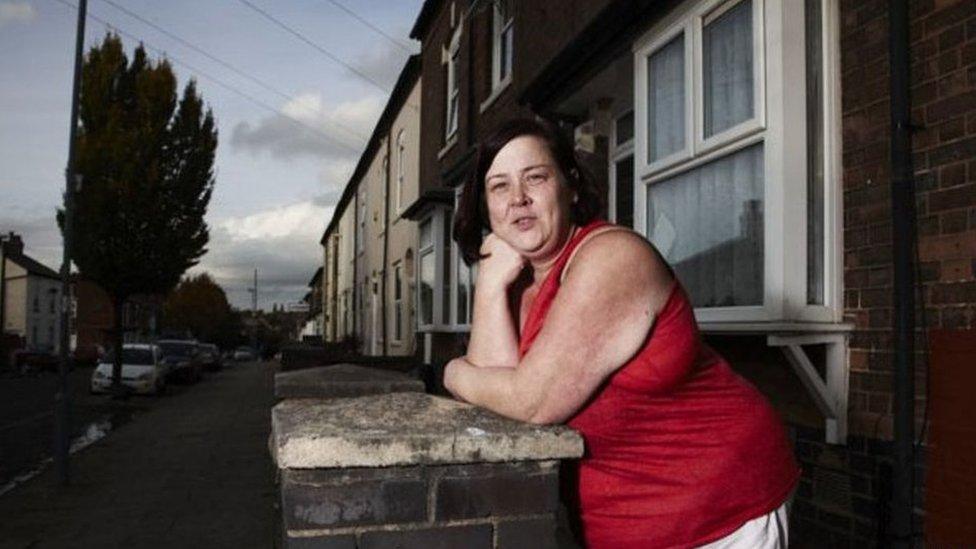
Deidre "White Dee" Kelly became an unlikely celebrity during the Channel 4 series
It is 10 years since the first episode of controversial documentary series Benefits Street aired, following the lives of residents of James Turner Street in Birmingham, where it was claimed 95% of householders did not work.
A decade on, residents reflect on the Channel 4 show.
It was 6 January 2014 when Benefits Street first hit UK screens. Watched by 4.3 million viewers, it also prompted hundreds of complaints to Ofcom.
It was marred by criticism from some viewers who were concerned about the negative portrayal of people on benefits and the depiction of criminal activity.
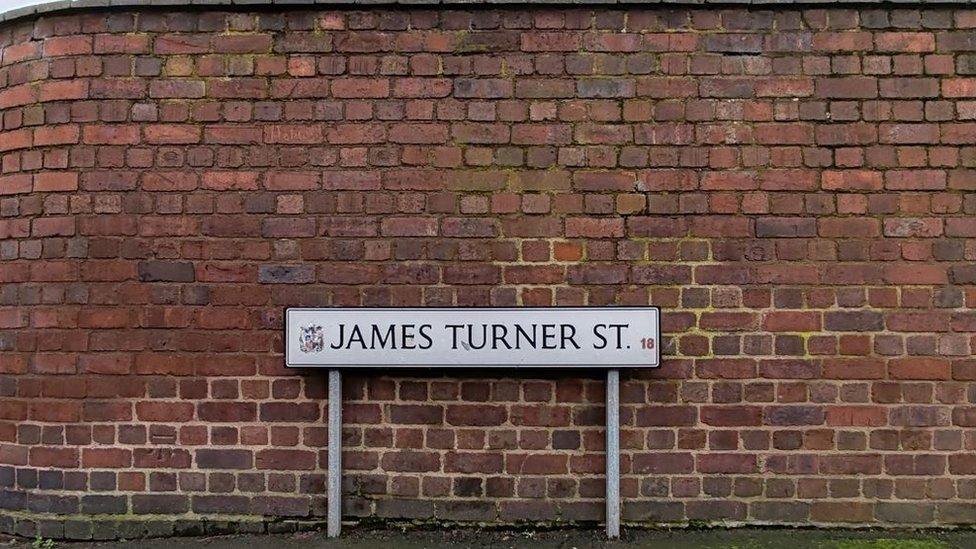
Benefits Street, set on James Turner Street in Winson Green, Birmingham, first aired on 6 January 2014
Despite the criticism, many of those who featured in the series became household names. Some even became celebrities in their own right.
Dee Kelly, aka White Dee, shot to fame during the show, going on to appear on Celebrity Big Brother and numerous television and chat show appearances.
A matriarchal figure on screen, she told the BBC her fame had come as a huge shock and insisted bosses had lied to residents about the nature of the programme.
But the show's producers insisted it was a "fair and balanced observational documentary".
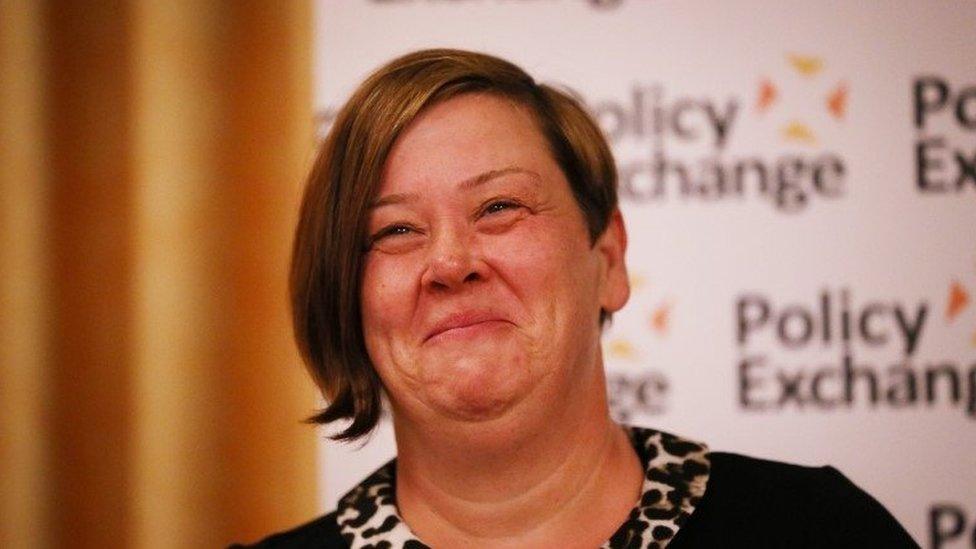
Dee Kelly starred in Celebrity Big Brother
"It came to us as 'we want to show what life is like on a small street where everybody just helps each other out'," she told BBC Radio WM.
"It's a tiny little road, it's got 99 houses and they filmed everybody. They filmed people who worked, people who didn't work, young people, the elderly. It's editing."
She added: "Society does - it still does, but back then it was even worse - belittle people that are part of the benefit system.
"It creates controversy. That's what the Channel 4 documentary wanted and lo and behold, that's what they got."
'Edited out'
Tom, who has lived on James Turner Street for more than a decade, didn't feature in the programme. For most of the filming he was actually at work.
"I remember it," he said about the programme. "I was working nights at the time and I avoided all of it, so it was perfect for me."
"I remember they interviewed my friend who lived on the street, and because he's also got a job - they edited him out," he claimed.
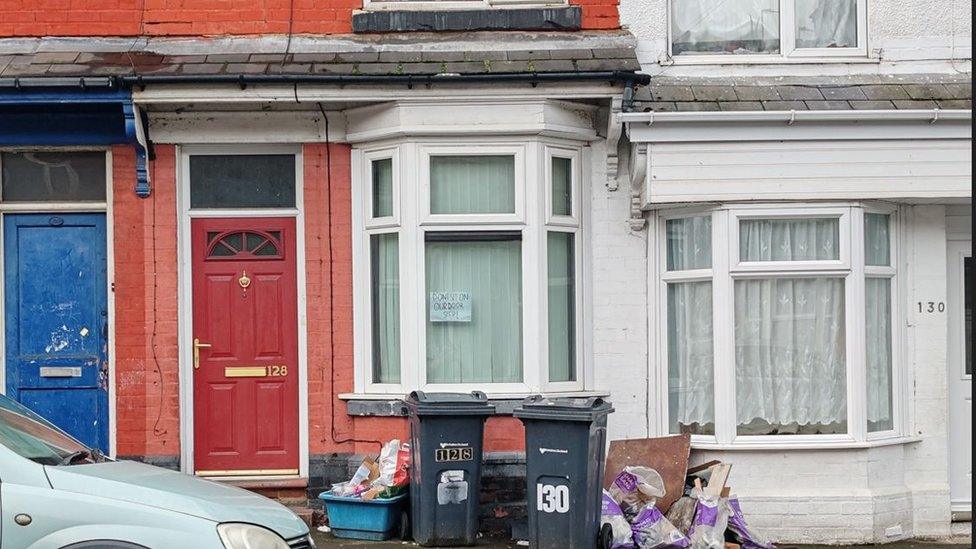
James Turner Street has a "reputation", according to residents
Tom told BBC Radio WM he didn't think the programme, made by Love Productions, was a fair representation of life on the street. Community spirit was strong, although many kept themselves to themselves.
"I just go to work and come home, that's pretty much it," he said.
Litter and graffiti on the street was a problem, he added.
"It's got a reputation and, honestly, you look around, it's not a nice place particularly is it. But I've not had any incidents myself so you know, it's one of those.
"It's a council estate, it's what you get."
At the time, the show was criticised by residents who felt they were misrepresented and portrayed in a bad light.
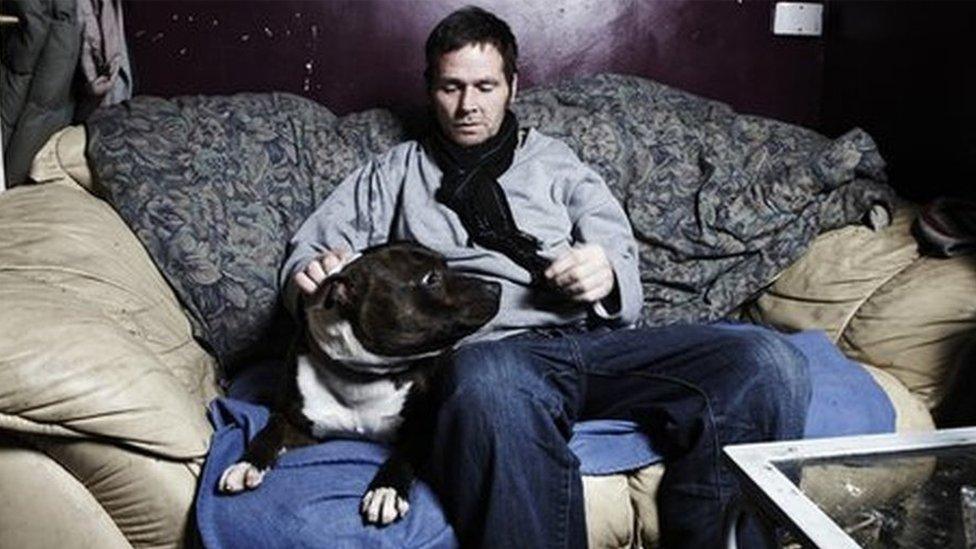
James Clarke, who was know as 'Fungi' and featured prominently in the show, died in 2019
People living on the street today described the infamous road as quieter and "more of a community" 10 years on.
"Everyone gets up to go to work here," one female resident said.
Having lived on James Turner Street for almost a decade, she has never watched the programme, but explained the street had been "fine" since she had moved in.
"I do remember a lot about Benefits Street, so when we were moving I was asking mum, 'are you sure you want to move there'?" she said.
She described her neighbours as really friendly, adding they all looked after each other.
"Ever since I moved in here, it hasn't been shown how I've heard about it.
"It's way quieter than what people think it is."
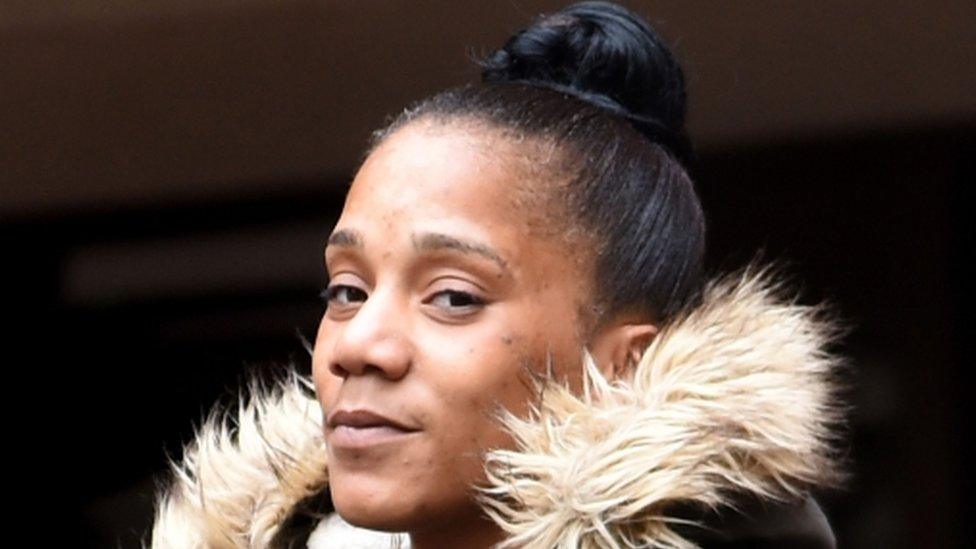
Black Dee was "thrown into the limelight" during filming for the 2014 season of Benefits Street
James Clarke, aka Fungi, featured prominently on the Channel 4 series. He died at his home in Kings Heath in 2019 after suffering a cardiac arrest.
Another series regular, Samora Roberts, known as "Black Dee" was jailed for seven years in 2016, after being found guilty of having live ammunition and of possessing drugs.
Jay, who has lived on James Turner Street for a few years now, said life was still the same except for a rise in the number of houses of multiple occupancy and an increase in residents for whom English is not their first language.
"But nothing's really changed," he told the BBC.
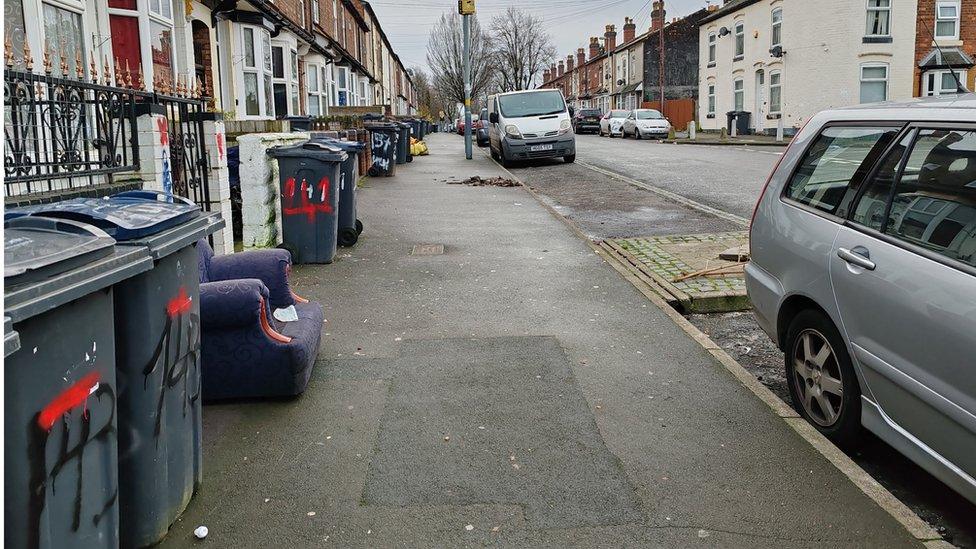
Residents said neighbours on the street looked after each other
One of the area's biggest success stories, however, is primary school Oasis Academy Foundry.
It lies on the corner of James Turner Street, opposite green space where fruit and vegetables are grown by pupils.
It had been judged as "inadequate" by Ofsted in 2012, but last year was rated as "outstanding" by inspectors., external
The primary school and nursery made headlines in 2014 when it felt pupils were being stigmatised by the programme.
A James Turner Street road sign was later stolen from a wall outside the school, in an event described as "totally traumatising".
Steve Chalke, head of Oasis, which runs the school, said the school's transformation was down to sheer hard work of staff, pupils and support from the community.
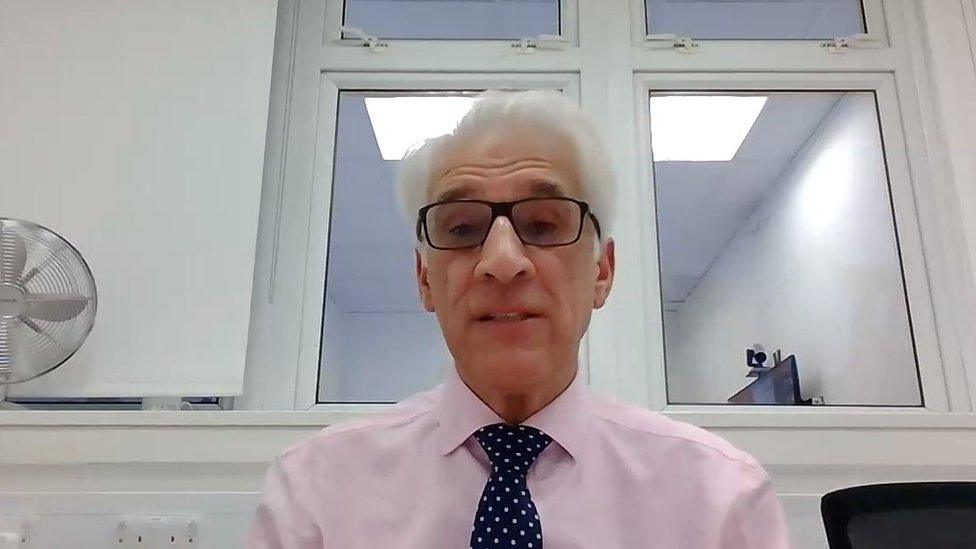
Steve Chalke praised the community on James Turner Street for working together
He said the first episode of the programme "tore the heart out" of the community.
But he praised people for coming together to support others throughout difficult times.
"Every cloud, however dark it was, and it was - a dark cloud has a silver line in it, and the silver lining was that this resilient community stood up together to say, 'this isn't true of us, and we're going to work together'," he said.
"The school is outstanding and the street is a real community again.
"But none of that is credit to Love Productions or to Channel 4."
'No regrets'
For Dee, one of the best things that came out of the show is being able to speak out for those without a voice.
"People say 'do you ever regret it'?, but you can't live with regrets," she said.
"I've done so much, not just for myself, it's being able to be a voice for people which I've always championed.
"I wouldn't have been able to do that without the platform of the documentary and I like that aspect of it.
"It's strange because I look back and think where I would have been."

Follow BBC West Midlands on Facebook, external, X, external and Instagram, external. Send your story ideas to: newsonline.westmidlands@bbc.co.uk, external
Related topics
- Published1 July 2019
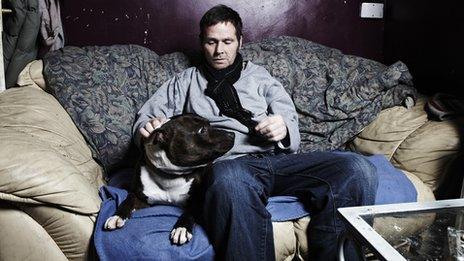
- Published26 September 2014
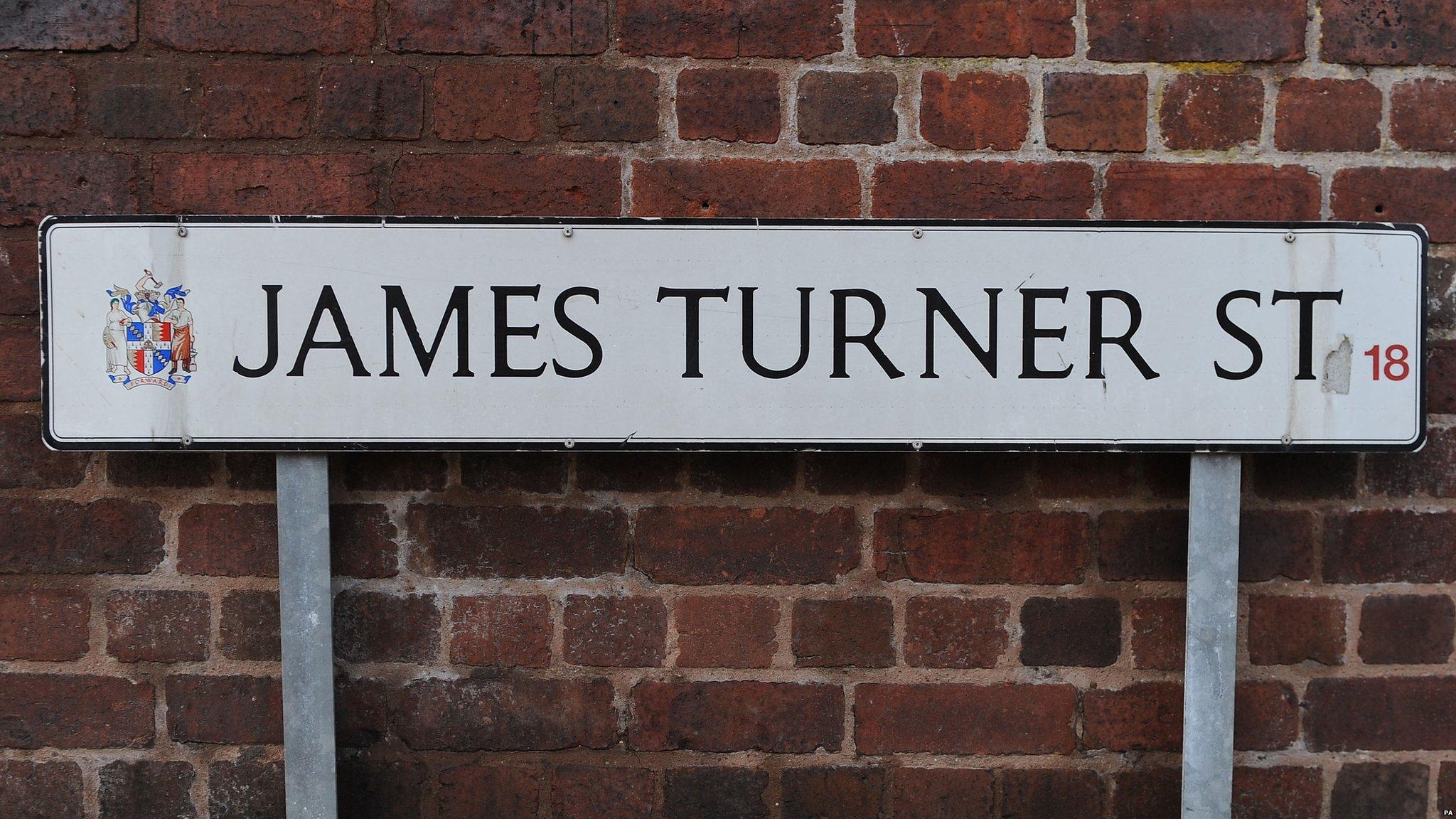
- Published4 March 2014
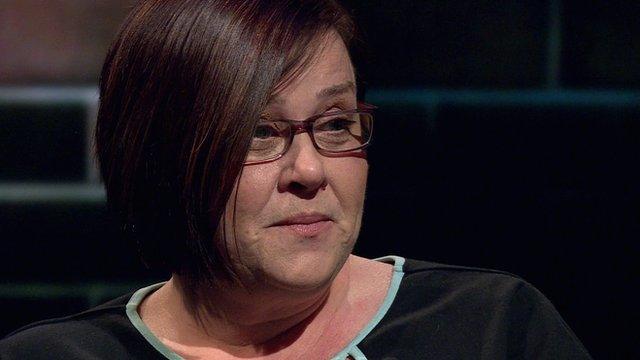
- Published18 February 2014
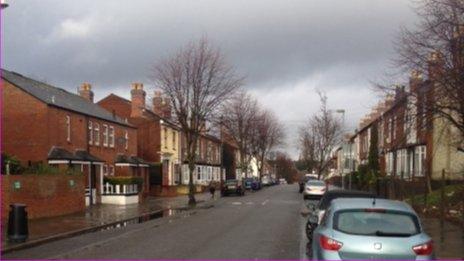
- Published17 February 2014
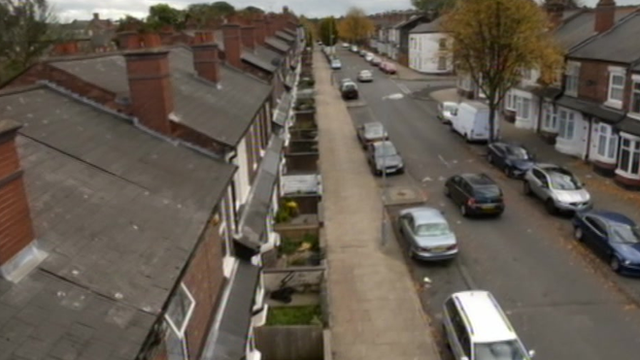
- Published8 January 2014
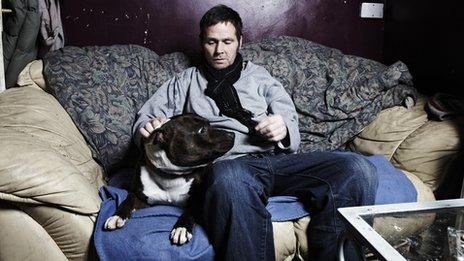
- Published7 January 2014
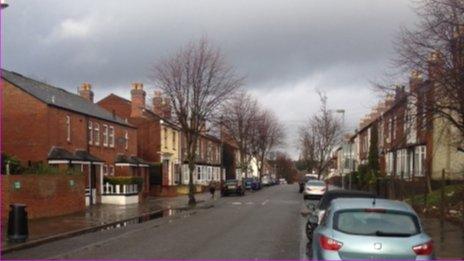
- Published7 January 2014
